-
Salon I240 mins
- Battery storage
- Policy and regulation
- Utility scale
1:00 - 5:00 PM EST
In this workshop, the Department of Energy’s Interconnection Innovation e-Xchange will guide participants through the updated interconnection process and provide tips on navigating it efficiently. This session will be mostly discussion-based, with participants working together to solve interconnection thought problems by envisioning the process under specific conditions and parameters.
ISO New England will present on the impacts of the interconnection process as a result of proposed Order Nos. 2023/2023-A related rule changes. ISO New England, joined by the New England Power Pool (NEPOOL) Participants Committee (PC) and the Participating Transmission Owners Administrative Committee (PTO AC), filed the Order Nos. 2023/2023-A Compliance Proposal with the Federal Energy Regulatory Commission on May 14, 2024, which is currently pending before the Commission.
Don’t miss this engaging and collaborative session!
-
Registration openConvention Registration Desk60 mins4:00 - 5:00 PM EST
-
Atrium60 mins
- Networking
5:00-6:00 PM EST
-
Registration openConvention Registration Desk540 mins7:30 AM - 4:30 PM EST
-
BreakfastAtrium60 mins
- Networking
7:30 - 8:30 AM EST
Sponsored by:
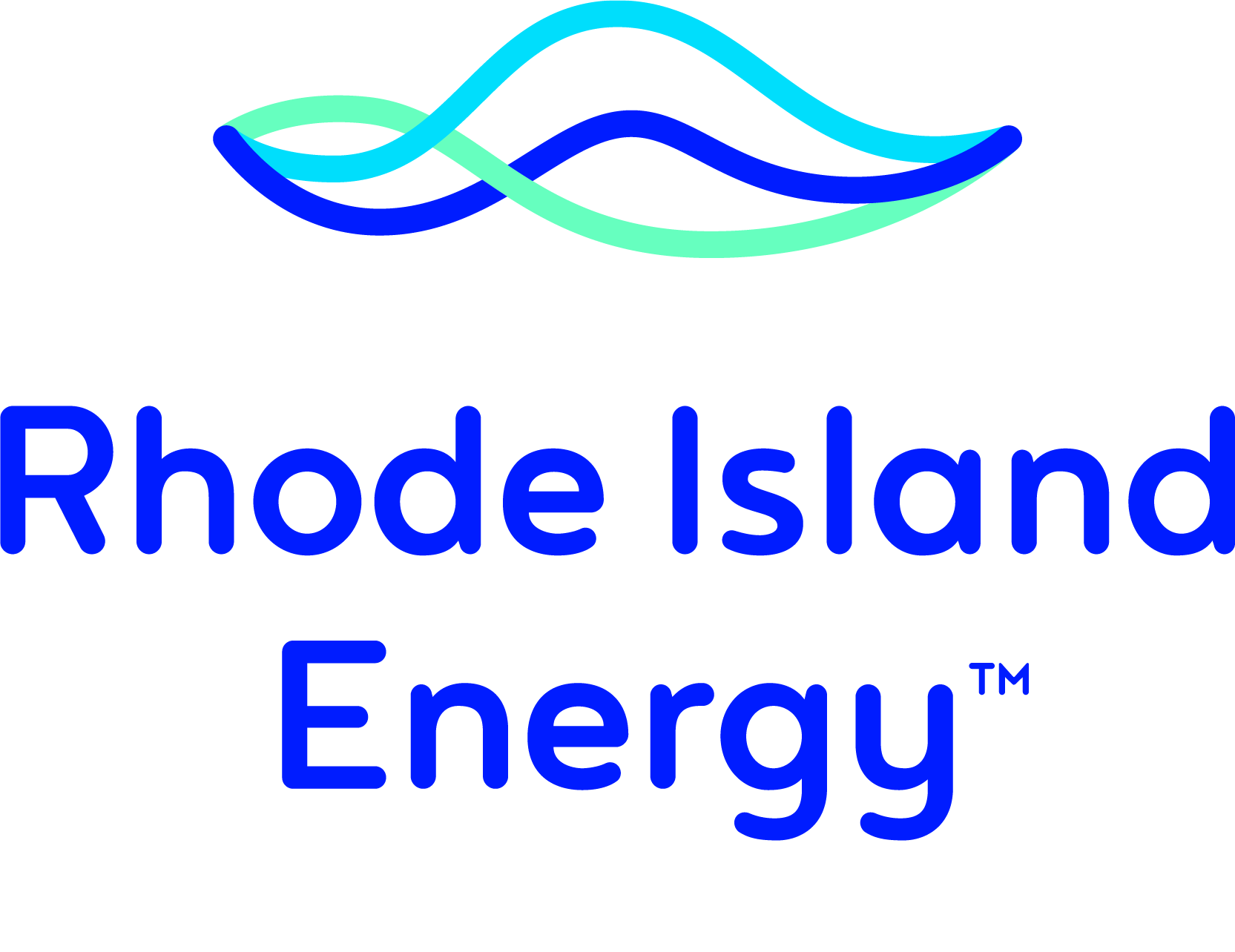
-
Salon II, III, IV90 mins
- Policy and regulation
8:30 - 10:00 AM EST
Keynote speaker Senator Sheldon Whitehouse (D-RI) will underscore the importance of collaboration in achieving our clean energy goals. He will highlight Rhode Island's progress and identify ways to accelerate interconnection.
Following Senator Whitehouse's remarks, Ari Peskoe, Director of the Electricity Law Initiative at the Harvard Law School, will moderate a keynote panel of prominent policymakers in New England featuring:
-
Jessica Waldorf, Chief of Staff & Director of Policy Implementation - New York State Department of Public Service (DPS)
-
James Van Nostrand, Chair - Massachusetts Department of Public Utilities (DPU)
-
Marissa Gillett, Chair - Connecticut Public Utilities Regulatory Authority (PURA)
-
Philip L. Bartlett II, J.D., Chairman - Maine Public Utilities Commission (PUC)
-
Salon II, III, IV45 mins
- Policy and regulation
- Solar
- DER
10:15 - 11:00 AM EST
Welcome to class! This is a spiritual successor to our Interconnection 101: What to do when you're stuck in the queue panel at GridTECH Connect Forum - California. In this session, panelists will explain the scope of a standardized interconnection study. They'll dive into what's covered, what isn't, and what feedback and follow-up information project developers can expect to receive. They'll elaborate on what qualifies as sensitive or proprietary, and how much detail can be expected- which can depend on the entity conducting the study.
-
Salon I45 mins
- Battery storage
- DER
- Utility scale
10:15 - 11:00 AM EST
Integrating battery energy storage systems into densely populated urban environments can be challenging. This session will focus on use cases, integration methods, and the importance of siting the right locations. Panelists will discuss the economics of these systems and the importance of keeping energy storage close to load while also exploring battery safety and proper community engagement. The panel will share insights on how urban batteries can be leveraged for reliability and ancillary services.
-
Columbia45 mins
- Microgrids
- Battery storage
- Solar
- Electric Vehicles and the Grid
10:15 - 11:00 AM EST
Sponsored by:
How do you add a microgrid—with a Battery Energy Storage System (BESS), canopy and ground mount solar, and EV charging and pollinator garden—to a site with existing rooftop solar generation? The presenters designed and built a microgrid for a tool equipment manufacturer with 24/7 operations in Massachusetts that cut energy usage in half, took advantage of MA’s SMART program incentives to create an attractive Power Purchase Agreement (PPA), and offset the differences between the solar power generated and the demand, known as the duck curve. Join us for an informative discussion on the logic of using two different solar modalities and the challenges of adding a microgrid to an existing site.
-
Salon I45 mins
- Policy and regulation
- DER
- Utility scale
11:15 AM - 12:00 PM EST
Where are my people at? No, seriously… New England’s interconnection queues are clogged with an invisible (and often unquantifiable) time expenditure- finding the right person to move a project along. This session will delve into workforce constraints across the renewable energy industry from manufacturers to project developers, utilities, and RTOs. Panelists will discuss workarounds and ways to maximize the limited manpower available.
-
Salon II, III, IV45 mins
- Policy and regulation
- DER
- Utility scale
11:15 AM - 12:00 PM EST
Even if a developer is familiar with typical infrastructure and labor rates, the cost to interconnect a project may vary widely from utility to utility. This session will explore how that figure is calculated and the variables that cause prices to fluctuate. Panelists will share examples of utilities offering more price transparency than others and will entertain the idea of a “menu” approach, similar to Hawaiian Electric's unitized price schedules. How do we find the slightest bit of cost certainty in uncertain markets?
-
LunchAtrium90 mins
- Networking
12:00 - 1:30 PM EST
Sponsored by: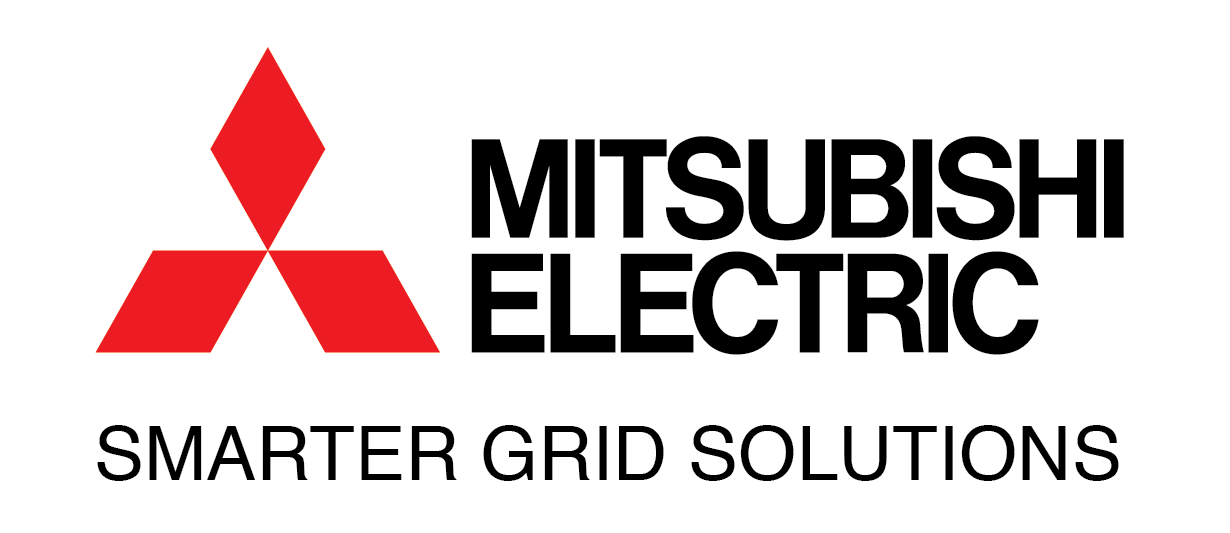
-
Salon II, III, IV45 mins
- Policy and regulation
- System planning
- Utility scale
1:30 - 2:15 PM EST
Sponsored by:
Investor-owned electric distribution companies operating in Massachusetts must periodically submit an Electric Sector Modernization Plan (ESMP) with the Department of Public Utilities (DPU). The first ESMP filings were due this January, requiring each company to proactively plan to upgrade its distribution system (and transmission where applicable) to improve grid reliability, communications, and resiliency while enabling increased, timely adoption of renewable energy and distributed energy resources. In this session, Eversource, National Grid, and Unitil will share updates and perspectives on their filed ESMPs and the implications for market participants.
-
Salon I20 mins
- Policy and regulation
1:30 - 1:50 PM EST
Sponsored by:

This session will focus on the latest and most impactful renewable energy developments specific to Vermont Attendees can expect to learn about the state's goals and current progress, in addition to ways Rhode Island can improve its approach.
-
Freedom15 mins
- Battery storage
- Solar
- DER
1:30 - 1:45 PM EST
Sponsored by:
Learn how leading utilities have digitalized their distribution and transmission interconnection processes to improve efficiency, adaptability, and transparency. The presentation will provide best practices covering a range of load and generation interconnection programs.
-
Salon I20 mins
- Policy and regulation
1:55 - 2:15 PM EST
Sponsored by:

This session will focus on the latest and most impactful renewable energy developments specific to New York. Attendees can expect to learn about the state's goals and current progress, in addition to ways New York can improve its approach.
-
Salon I20 mins
- Policy and regulation
2:30 - 2:50 PM EST
Sponsored by:

This session will focus on the latest and most impactful renewable energy developments specific to Connecticut. Attendees can expect to learn about the state's goals and current progress, in addition to ways Connecticut can improve its approach.
-
Salon II, III, IV45 mins
- Battery storage
- Policy and regulation
- System planning
2:30 - 3:15 PM EST
Sponsored by:
Through their ESMP filings, Massachusetts utilities are looking at ways to improve long-term load forecasting using advanced approaches. Panelists will go over approaches and challenges to forecasting five and 10-year plans and beyond given forecast uncertainty and unprecedented clean energy goals. The session will include discussion of how model and plan for electric demand reliably and the broader impact to the system from disruptive technologies such as EV charging and electric heat pumps.
-
Freedom45 mins
- Battery storage
- Solar
- DER
2:30 - 3:15 PM EST
Public-facing hosting capacity (HC) maps show the maximum amount of distributed energy resources (e.g., rooftop solar) that can be installed at various locations on the grid without adverse effects. These maps benefit a variety of stakeholders and decision-makers by enhancing transparency, providing direct access to siting information, and streamlining interconnection processes, but conventional model-based methods for the underlying analyses are too slow and prone to errors. Recently, a variety of alternative data-driven algorithms have been developed that address these shortcomings. This session will present an overview and demo of the new Model-free Hosting Capacity Analysis (MoHCA) tool, which is a free and open-source application for generating HC maps from residential smart meter data.
-
Salon I20 mins
- Policy and regulation
2:55 - 3:15 PM EST
Sponsored by:

This session will focus on the latest and most impactful renewable energy developments specific to Maine. Attendees can expect to learn about the state's goals and current progress, in addition to ways Maine can improve its approach.
-
Salon I20 mins
- Policy and regulation
3:30 - 3:50 PM EST
Sponsored by:

This session will focus on the latest and most impactful renewable energy developments specific to Massachusetts. Attendees can expect to learn about the state's goals and current progress, in addition to ways Massachusetts can improve its approach.
-
Salon II, III, IV45 mins
- Virtual power plants
- System planning
- DER
3:30 - 4:15 PM EST
Sponsored by:

Studies have shown flexible or phased interconnection could save billions of dollars in distribution grid upgrades. However, under a flexible interconnection construct, a generator could be taken offline or adjusted to accommodate real-time grid conditions. Demand for flexible interconnections is growing from Colorado to Illinois and into the Northeast. This session will focus on how project developers can benefit from cost-savings, shorter interconnection times, and a wide range of smart inverter capabilities via this approach. If more widely adopted how should regulators determine the parameters and rules of such a program and how should markets incentivize it?
-
Salon I20 mins
- Policy and regulation
3:55 - 4:15 PM EST
Sponsored by:

This session will focus on the latest and most impactful renewable energy developments specific to New Hampshire. Attendees can expect to learn about the state's goals and current progress, in addition to ways New Hampshire can improve its approach.
-
Salon I20 mins
- Policy and regulation
4:30 - 4:50 PM EST
Sponsored by:

This session will focus on the latest and most impactful renewable energy developments specific to Rhode Island. Attendees can expect to learn about the state's goals and current progress, in addition to ways Vermont can improve its approach.
-
Salon II, III, IV45 mins
- Battery storage
- Utility scale
4:30 - 5:15 PM EST
Transmission- and distribution-connected battery energy storage systems (BESS) can defer costly upgrades, improve reliability, and provide essential ancillary services. Which services should BESS provide, and how can utilities coordinate their delivery? As markets continue to optimize, how can independent power producers and project developers identify the best use cases for these systems to maximize value? This session will explore market creation, potential revenue streams, and the modeling challenges involved.
-
Happy hourAtrium60 mins
- Networking
5:15 - 6:15 PM EST
-
BreakfastAtrium60 mins
- Networking
7:30 - 8:30 AM EST -
Convention Registration Desk240 mins7:30 - 11:30 AM EST
-
Salon II, III, IV20 mins
- Policy and regulation
- System planning
8:30 - 8:50 AM EST
National Grid New England Electric's Chief Operating Officer, Nicola Medalova, will outline how Massachusetts utilities are partnering with the state to advance clean energy ambitions, including unprecedented levels of planning and investment through recently approved Electric Sector Modernization Plans.
-
Salon I45 mins
- Microgrids
- Battery storage
- DER
9:00 - 9:45 AM EST
Sponsored by:

ISO-NE's proposal in response to FERC Order No. 2222 enhances the way distributed energy resources (DERs) access the wholesale energy, capacity, and ancillary service markets. When benefits are shared by a community, what resources are actually provided? This session seeks to shed light on the "unknowns" of community storage and will explore what effective community solar and storage ordinances might look like, as the conversation shifts from utilities managing community assets to the rate payers having more control over their energy. How can we establish viable markets and cost policies that create a win-win between communities and the energy sector?
-
Salon II, III, IV45 mins
- Microgrids
- DER
- Electric Vehicles and the Grid
9:00 - 9:45 AM EST
Is the Northeast prepared to support EV charging at scale? Some experts predict it may take five years or longer to deploy infrastructure necessary to accommodate charging industrial-level vehicles. This session will dive into what’s needed to support charging lots and data centers while exploring alternative solutions including on-site generation and the use of microgrids. What benefits can a DERMS provide? Panelists will also consider whether hydrogen may present a more ready-to-market solution in some instances.
-
Salon I45 mins
- Policy and regulation
- System planning
- DER
10:00 - 10:45 AM EST
Reliability is key for utilities, but how valid are the worst-case scenarios that often bound the limits of a project? Can we use technology to take a closer look at the actual likelihood of fault situations and re-assess our approach? This session will tightrope the delicate line separating getting projects onto the grid quickly and doing so safely. Panelists will touch on parameters that may be adjusted to speed things up to improve DER penetration while limiting catastrophic risks. They will also discuss how responsibility might be shared all the way up to the regulator level.
-
Salon II, III, IV45 mins
- Battery storage
- DER
- Electric Vehicles and the Grid
10:00 - 10:45 AM EST
Sponsored by:

Non-wire alternatives utilize third-party distributed energy resources (DERs) to defer or avoid traditional electric infrastructure projects or upgrades. This session will center around how utilities are using NWAs to address system constraints by modifying load to fit our existing infrastructure in a cost-effective way and how developers can fit into the mix. Panelists will share lessons learned and collaborate on ways to improve efficiency.
-
Columbia45 mins
- Electric vehicle and the grid
- DER
- Utility scale
Sponsored by:

The roundtable will explore grid interconnection challenges in the North American utility industry and how Generative AI can help address them. By using AI tools to streamline interconnection applications and improve site controls, ISOs, RTOs, utilities, regulators, and developers can better manage the process and prepare for future impacts. The session will cover AI's role in addressing technological, procedural, and regulatory challenges.
-
Salon I45 mins
- Policy and regulation
- System planning
- Utility scale
11:00 - 11:45 AM EST
It's been a busy few years for the Federal Energy Regulatory Commission (FERC). Order 2222 changed the landscape for distributed energy resources by allowing DERs to participate in wholesale energy markets, enabling virtual power plants. Order 2023 mandates significant reforms to generator interconnection procedures and agreements to ensure reliable, efficient, transparent, timely, and fair interconnection to the transmission system, and Order 1920 sets the stage for long-term and proactive transmission planning. This session will cover how Regional Transmission Operators (RTOs) ISO-NE and NYISO are responding to these orders to efficiently and expeditiously support the energy transition. Are constraints on the transmission grid impacting distribution interconnections?
-
Salon II, III, IV45 mins
- Battery storage
- Policy and regulation
- Solar
11:00 - 11:45 AM EST
It’s one thing to have ambitious clean energy goals, but it’s another to actually meet them. This session will compare the region’s renewable portfolio standards (RPS) and take stock of benchmarks we’ve already hit, those we’re likely to achieve, and others that seem less practical. Panelists will identify potential barriers, how they might be addressed, and actions that could be taken to get us back on track.
-
Freedom45 mins
- Policy and regulation
- System planning
- DER
11:00-11:45 AM EST
Radial distribution circuits in North America are generally designed to be energized only from one end. With this design, de-energizing the circuit when necessary is a fairly straightforward matter. However, when Distributed Energy Resources (DERs) are added, these distribution circuits are then energized from multiple points, and ensuring that the circuit is de-energized on command becomes more complicated. One technology sometimes employed to achieve this de-energization with DERs is Direct Transfer Trip (DTT). DTT is proven, mature, and fast-acting, but it is also presents a host of challenges, including that it is expensive and not well-suited for situations with many DERs. Low-cost, scalable, reliable, and fast means of ensuring distribution circuit de-energization in the presence of DERs are needed. This session includes a discussion of DTT, presently-available DTT alternatives with their pros and cons, and potential future means for achieving the needed de-energization function with high reliability, high speed, and low cost.
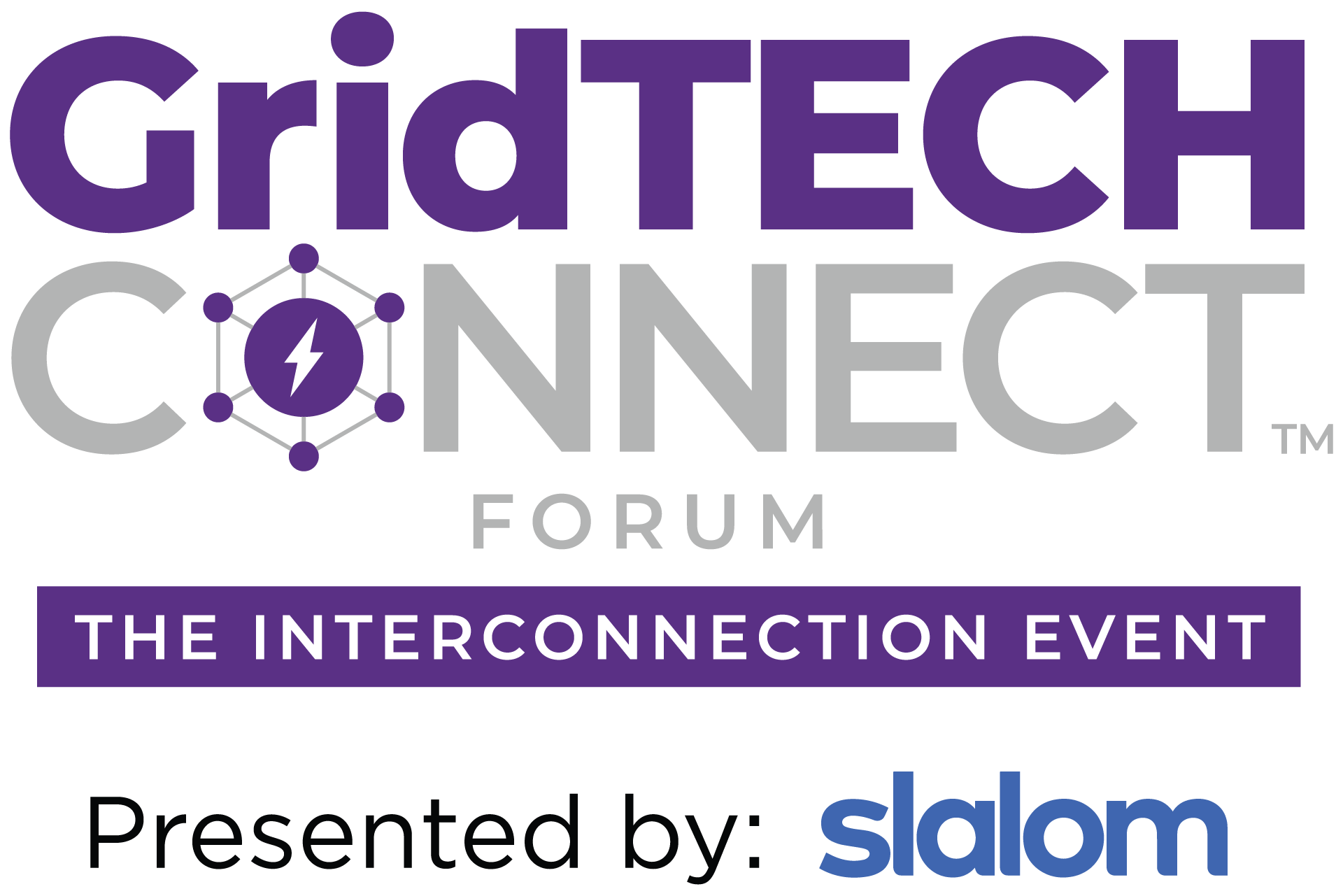



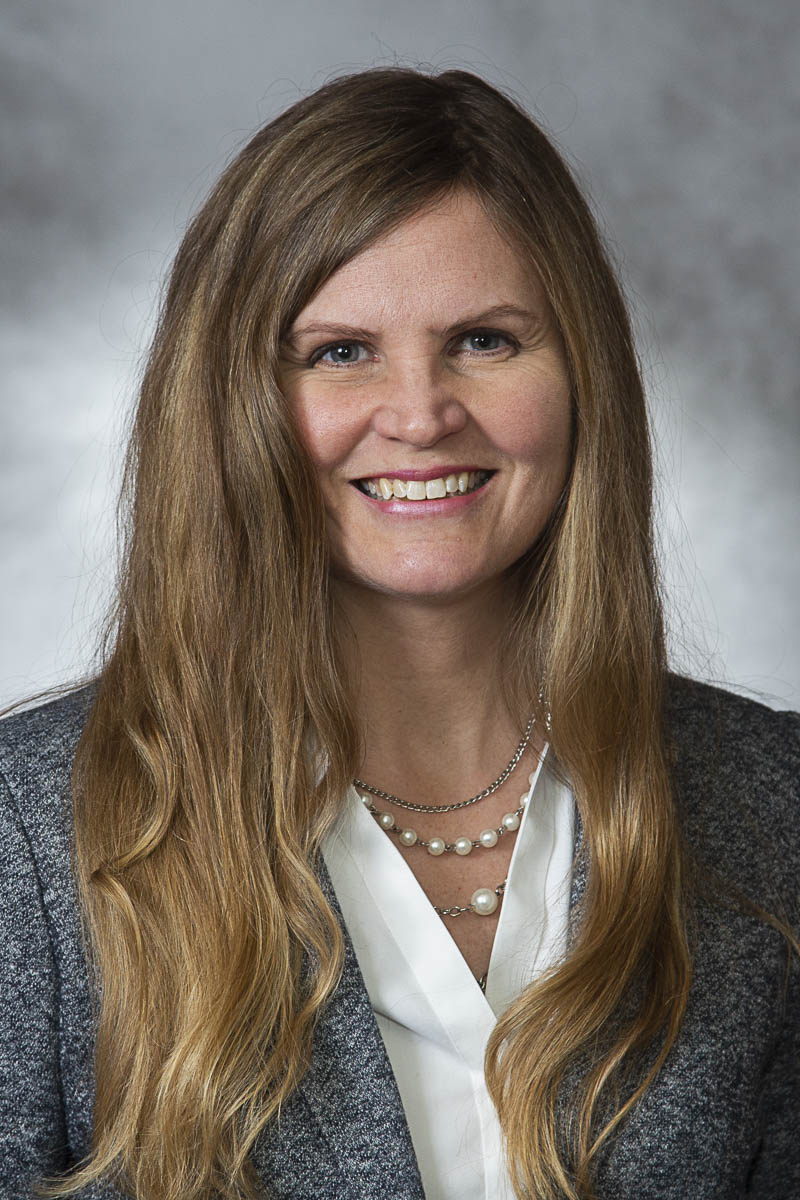
)
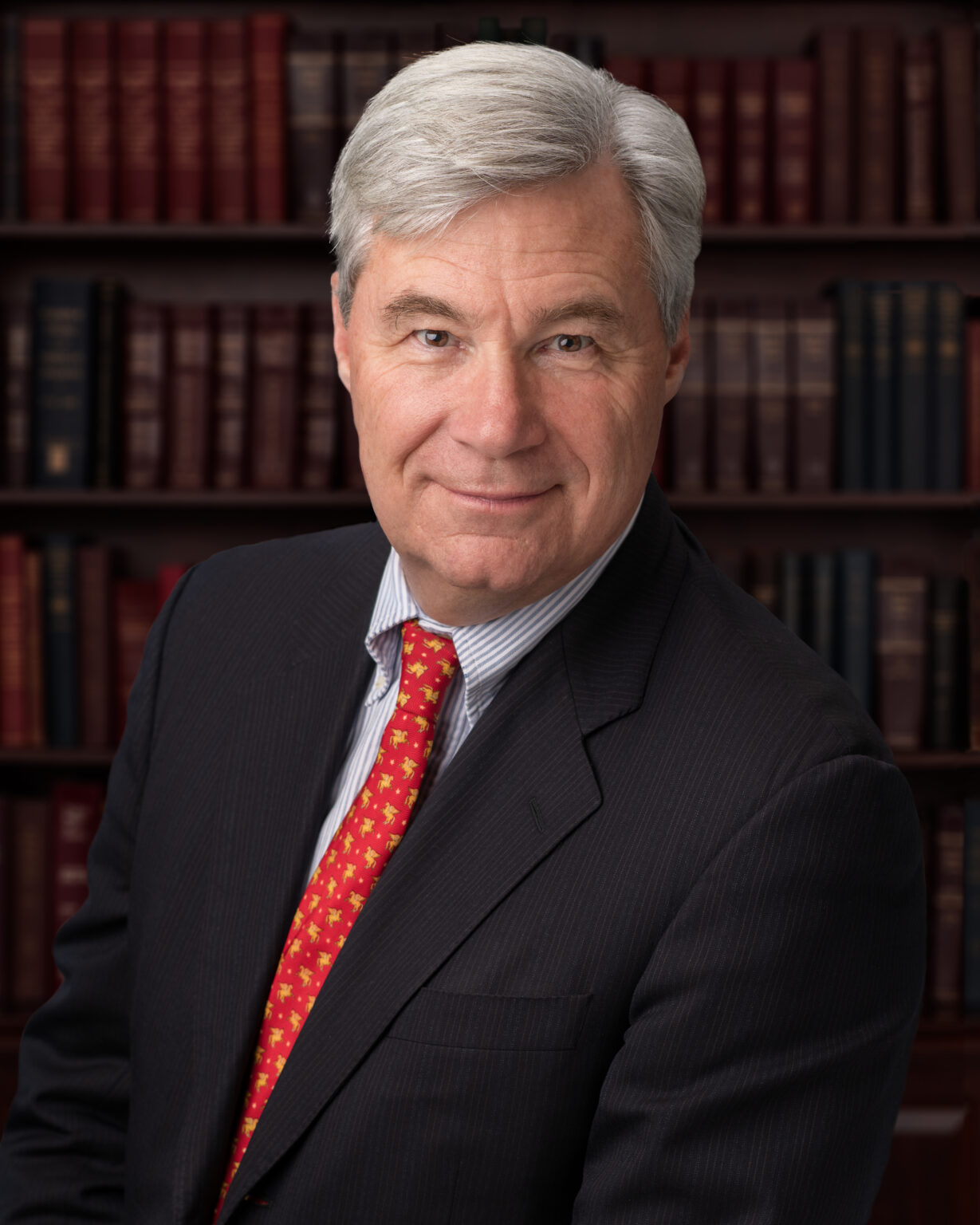
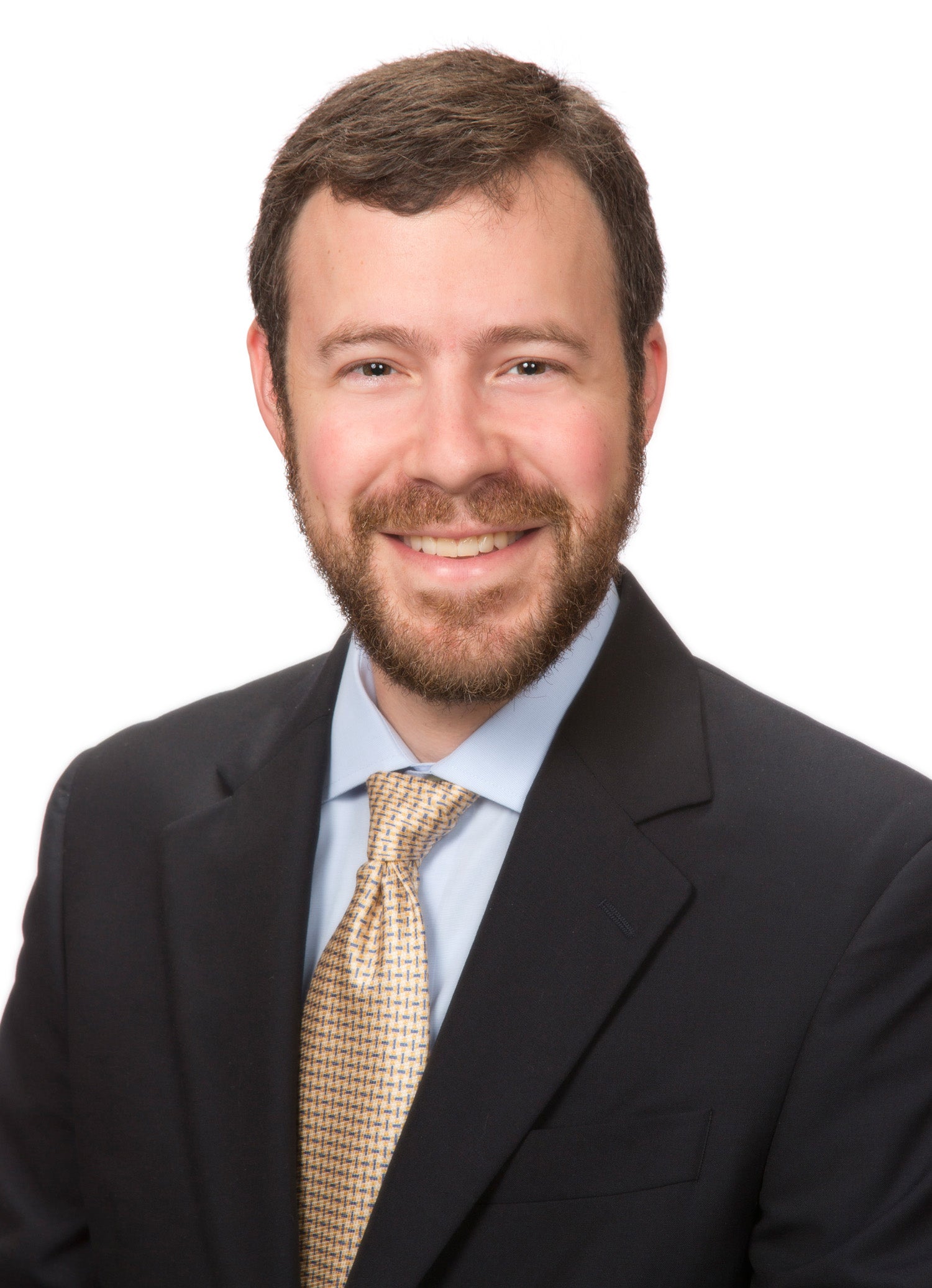
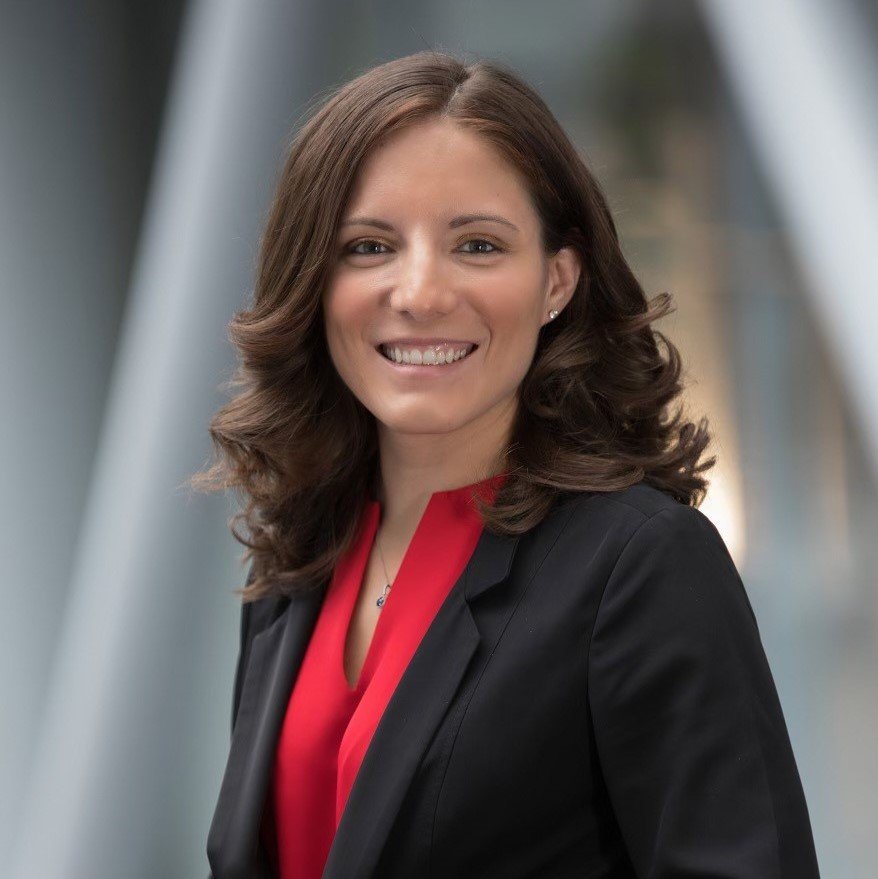
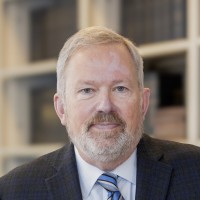
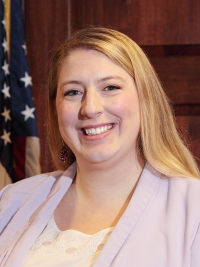

)
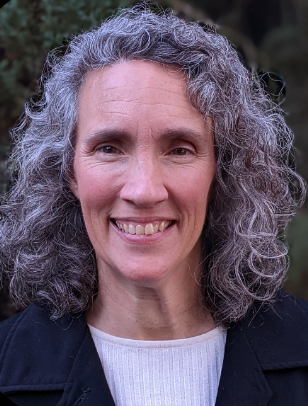

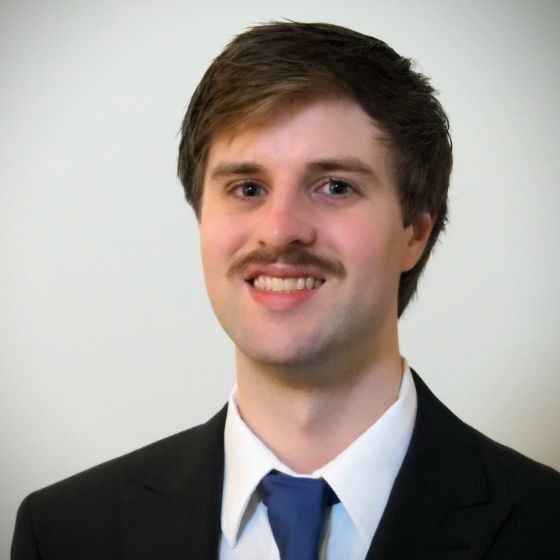
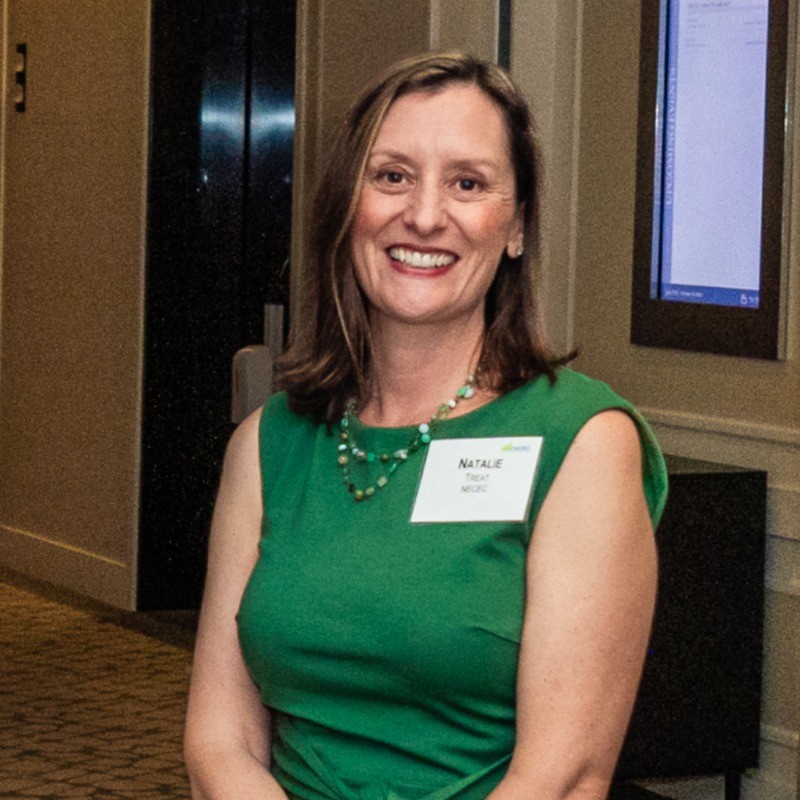

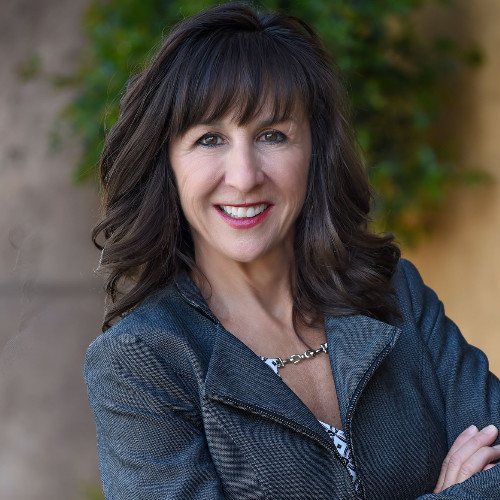
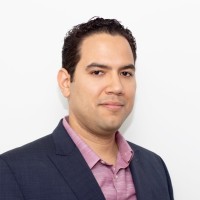
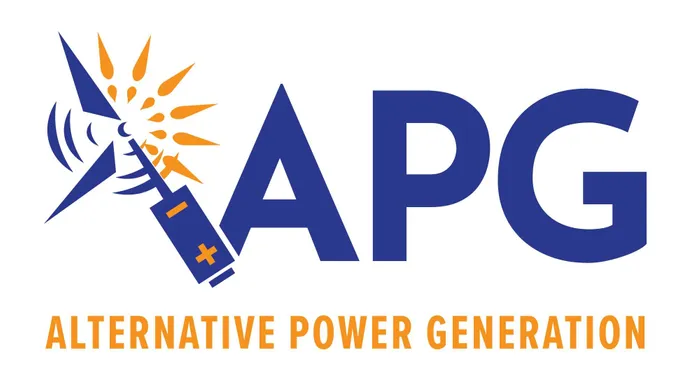
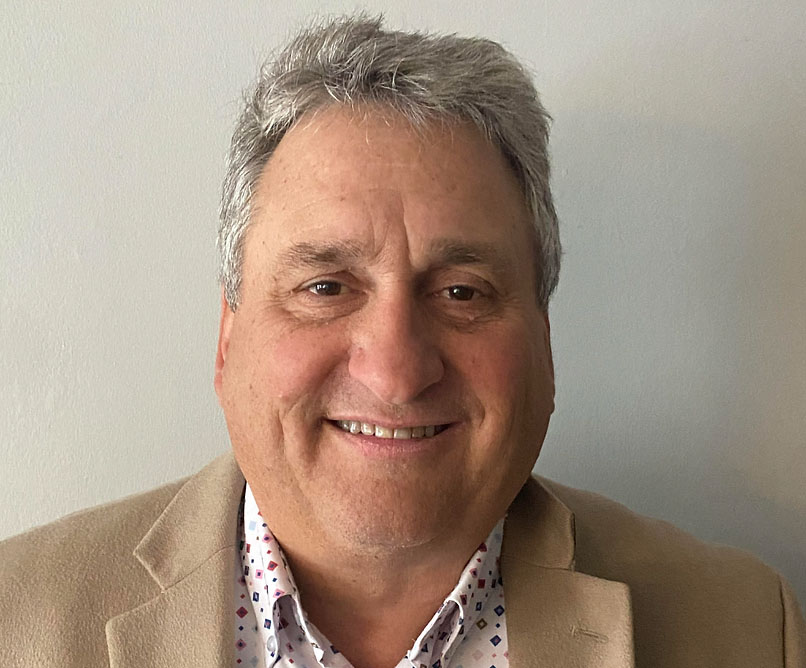
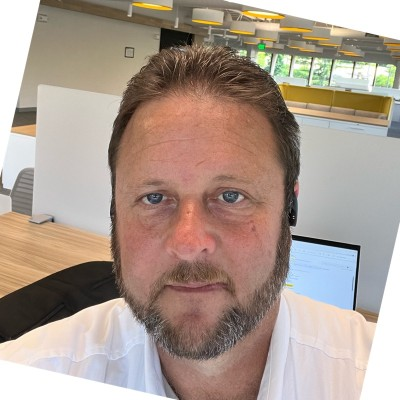
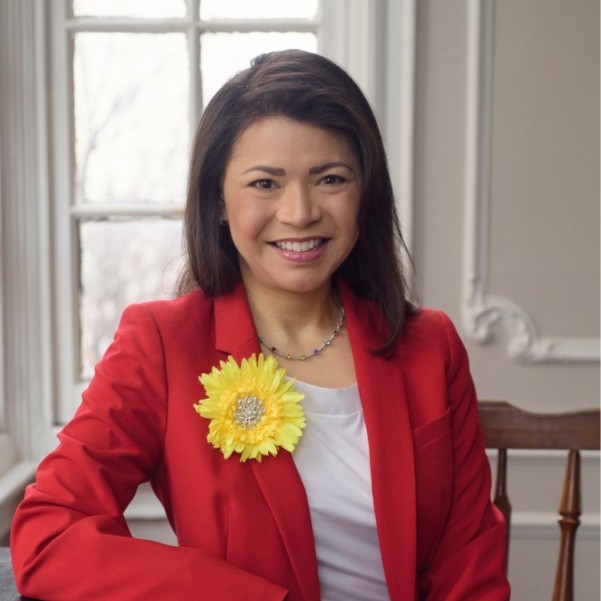
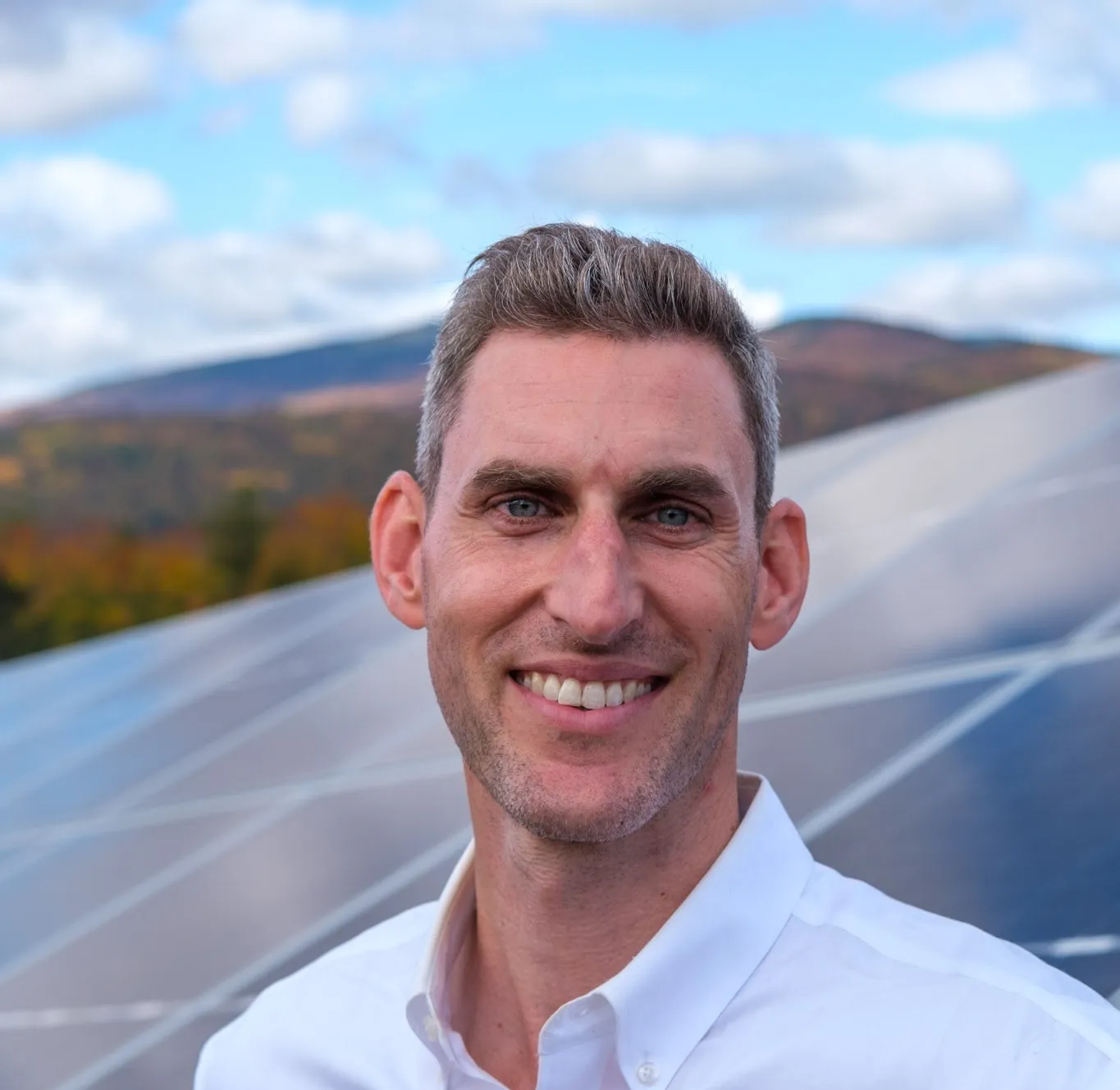
)
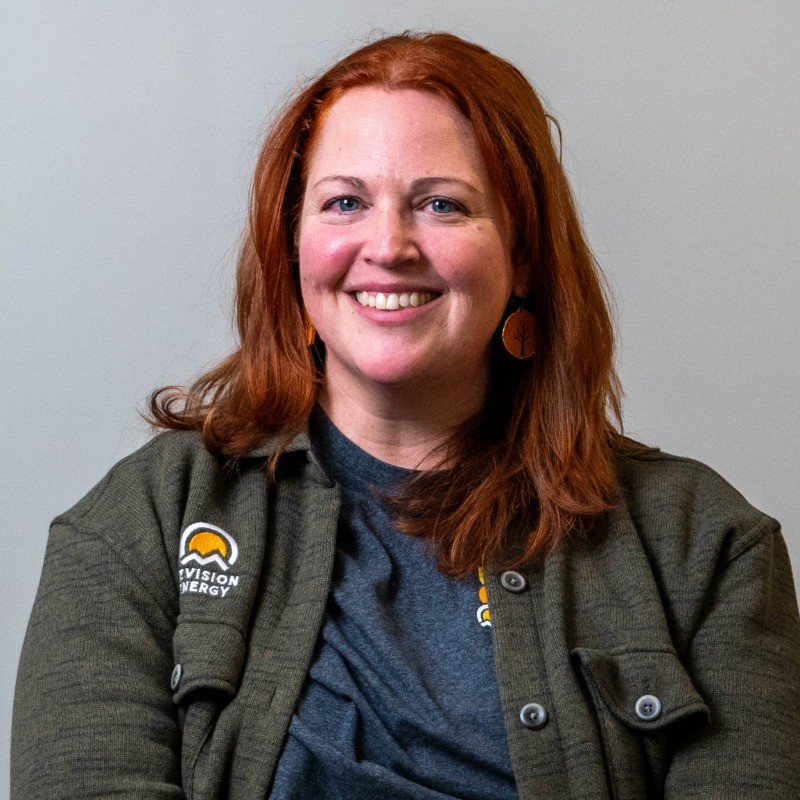
)
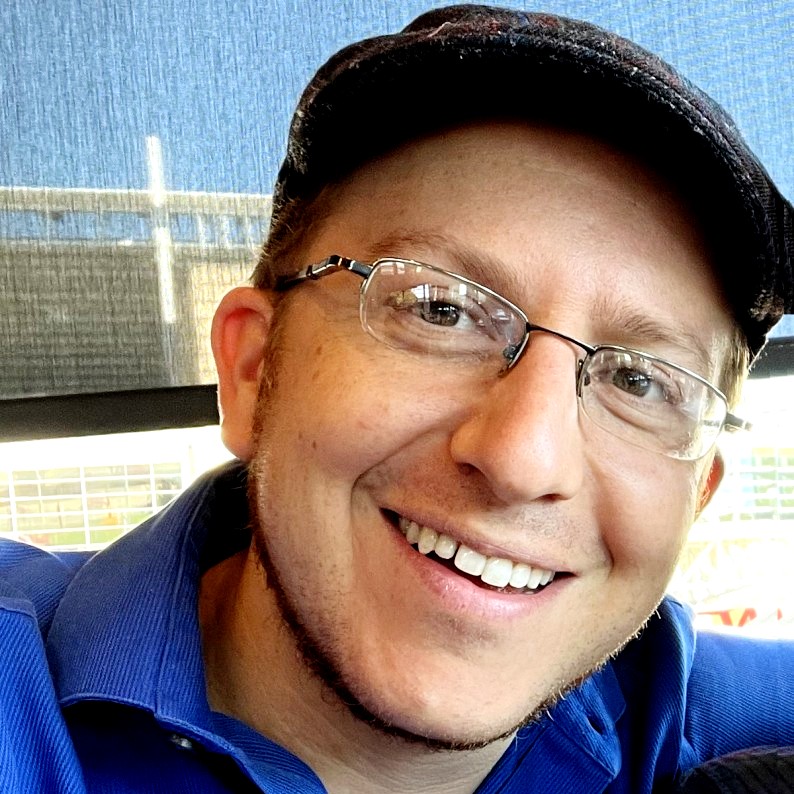

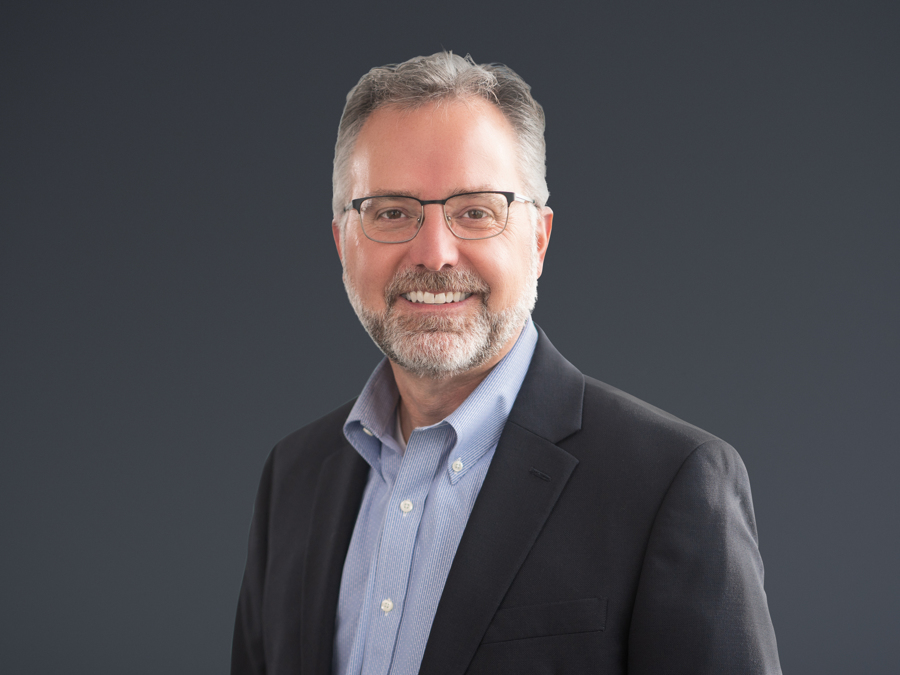
)
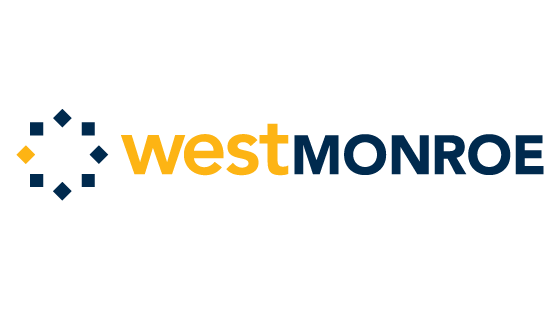

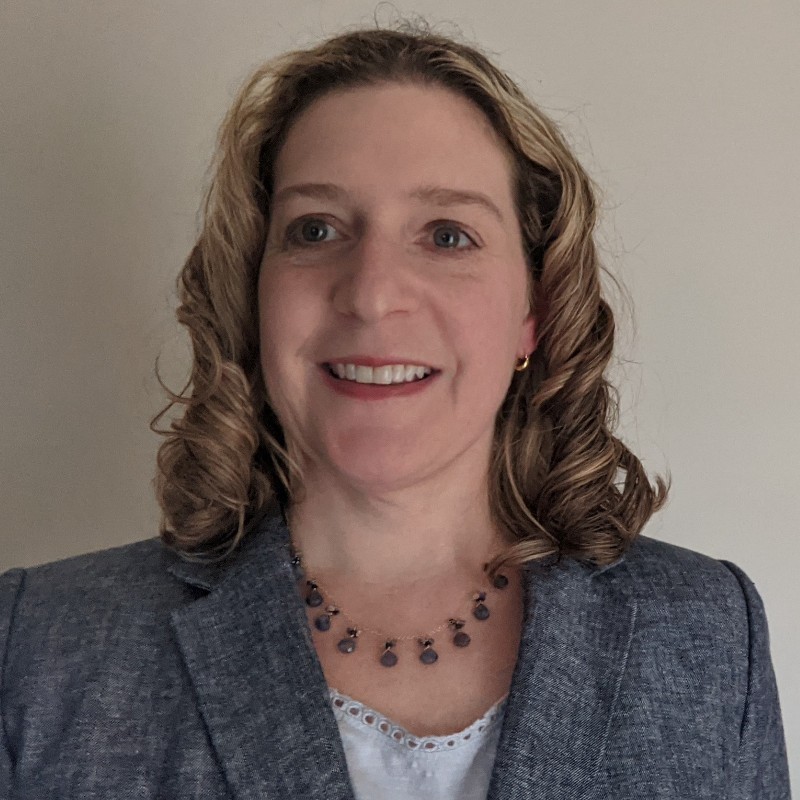
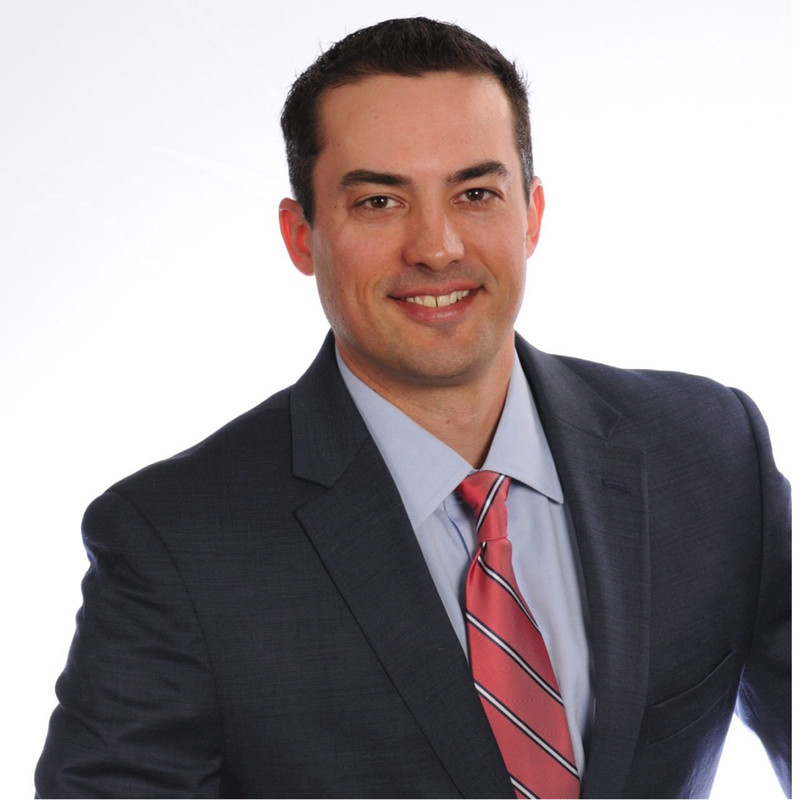
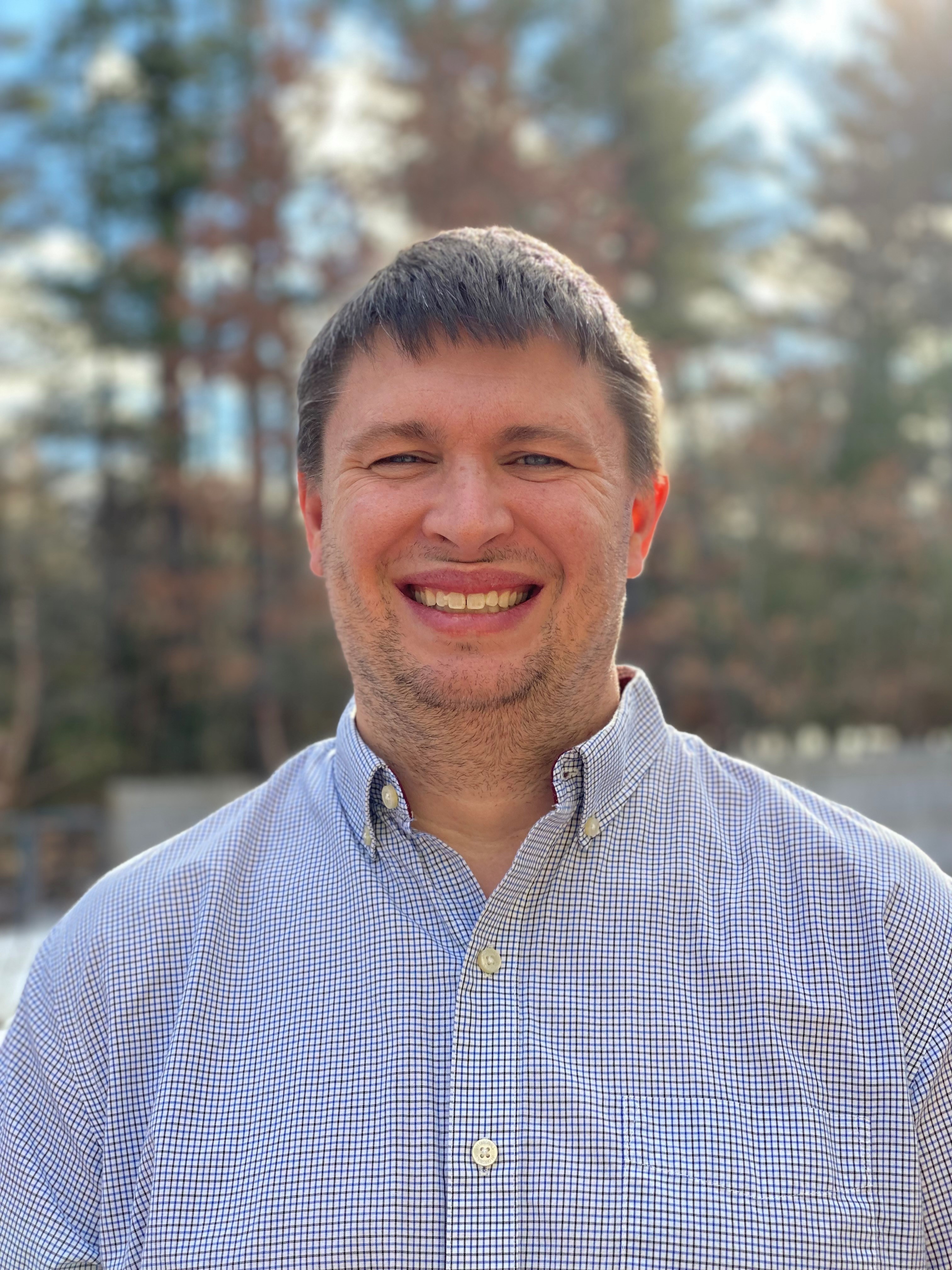
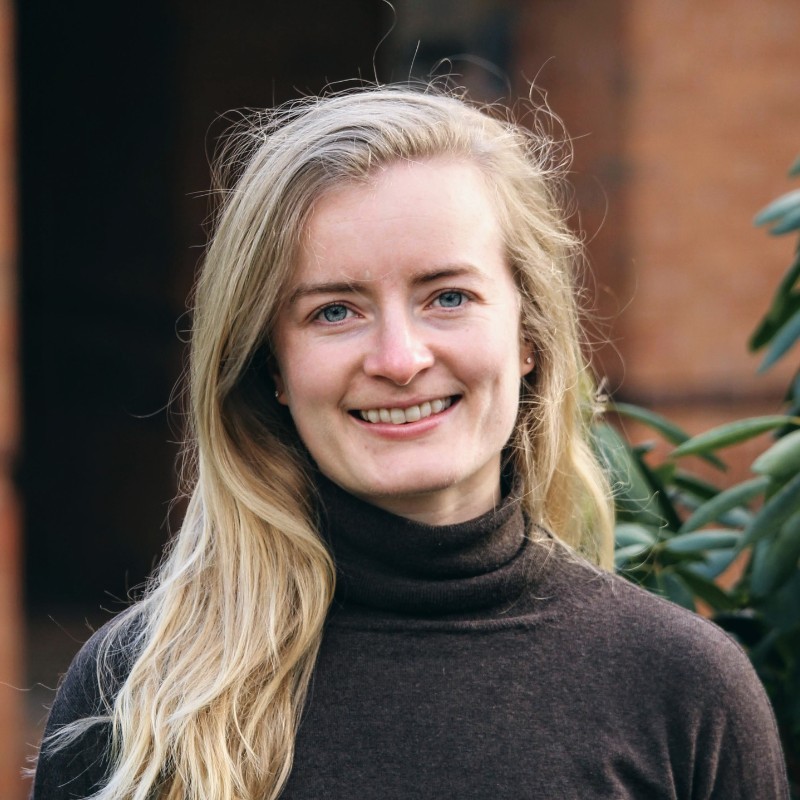
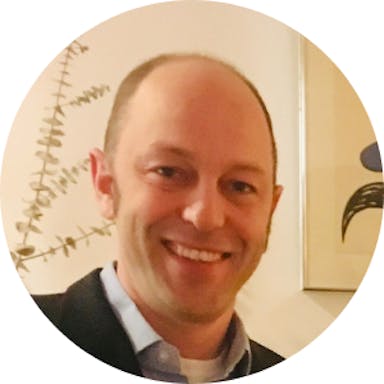
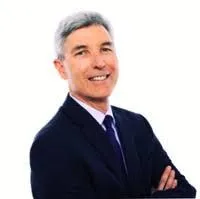
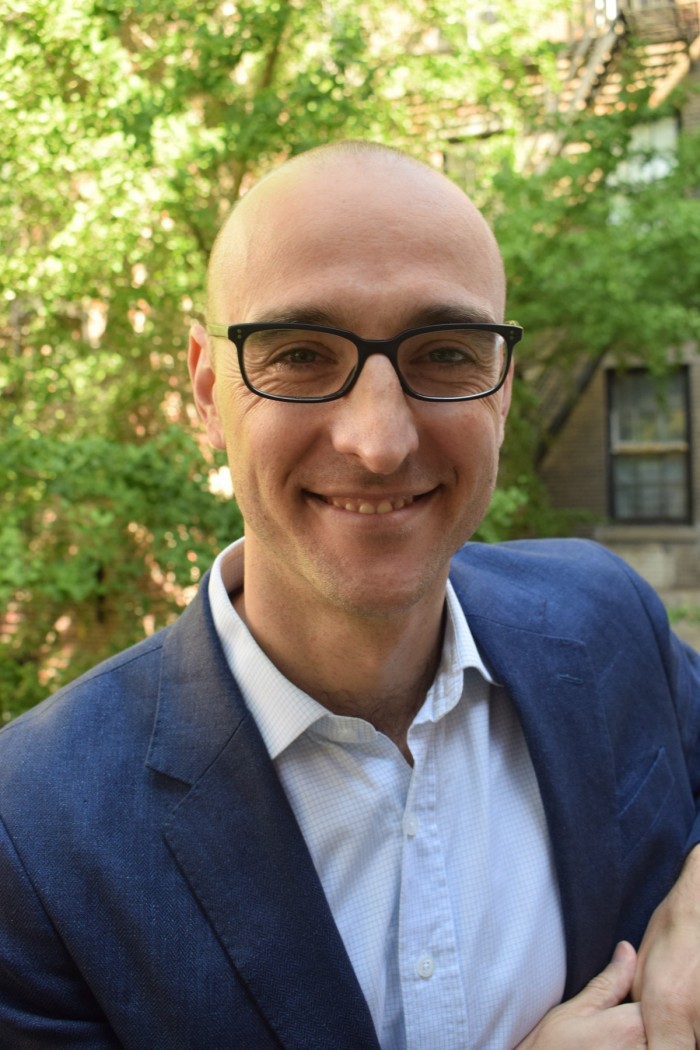


)


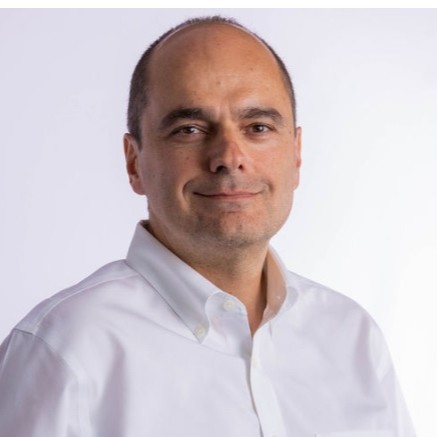
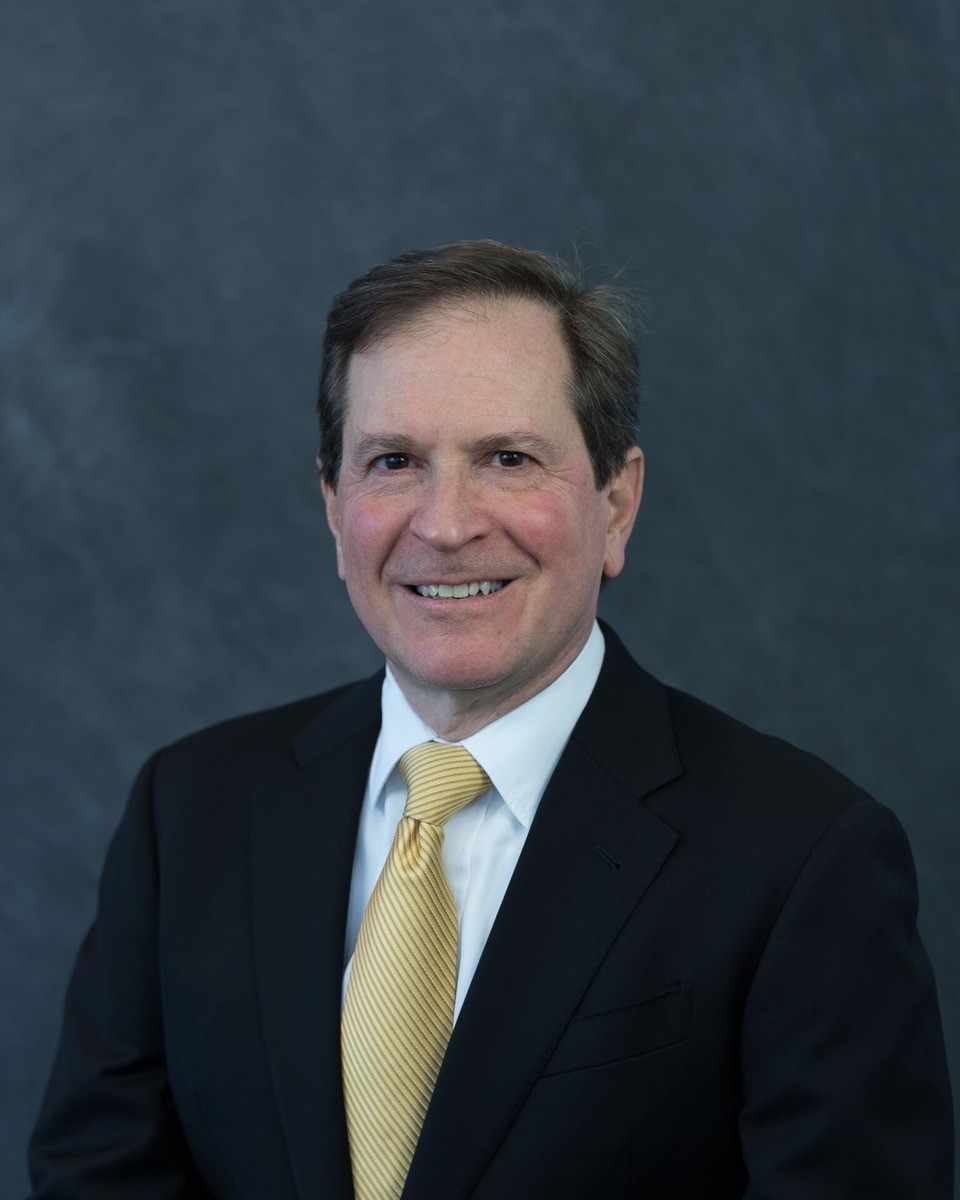
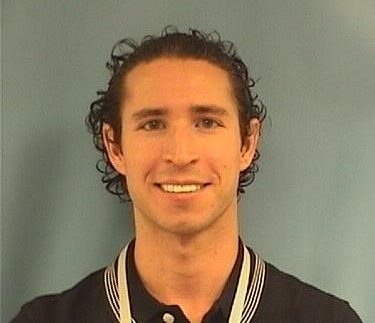
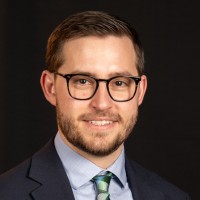

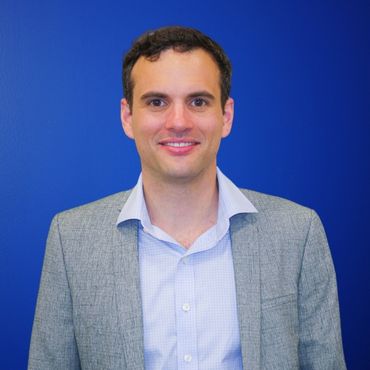

)
)
)
)
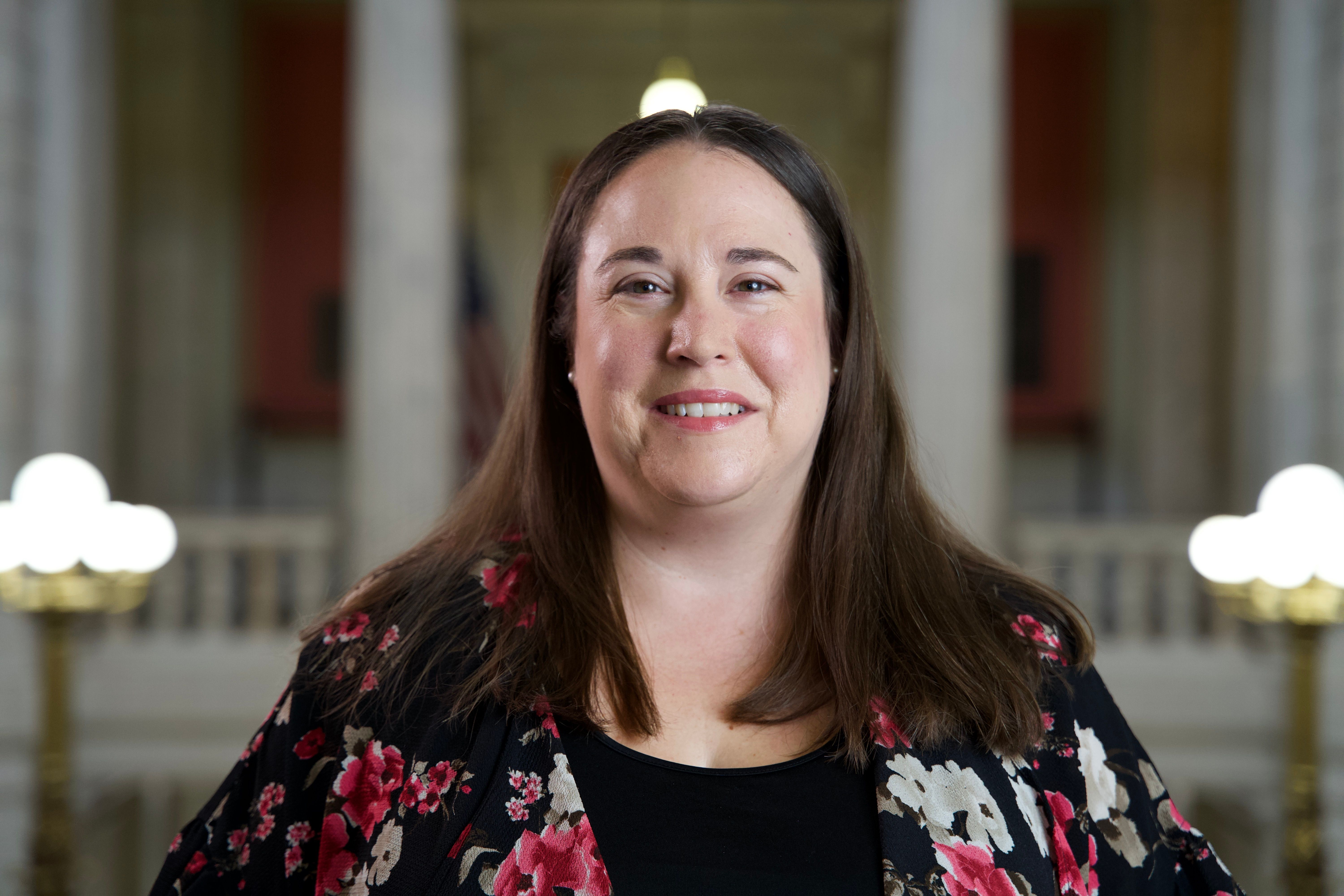
)
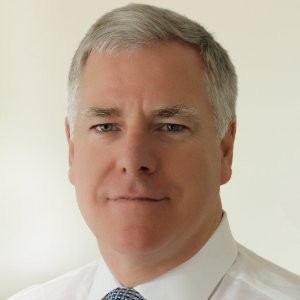
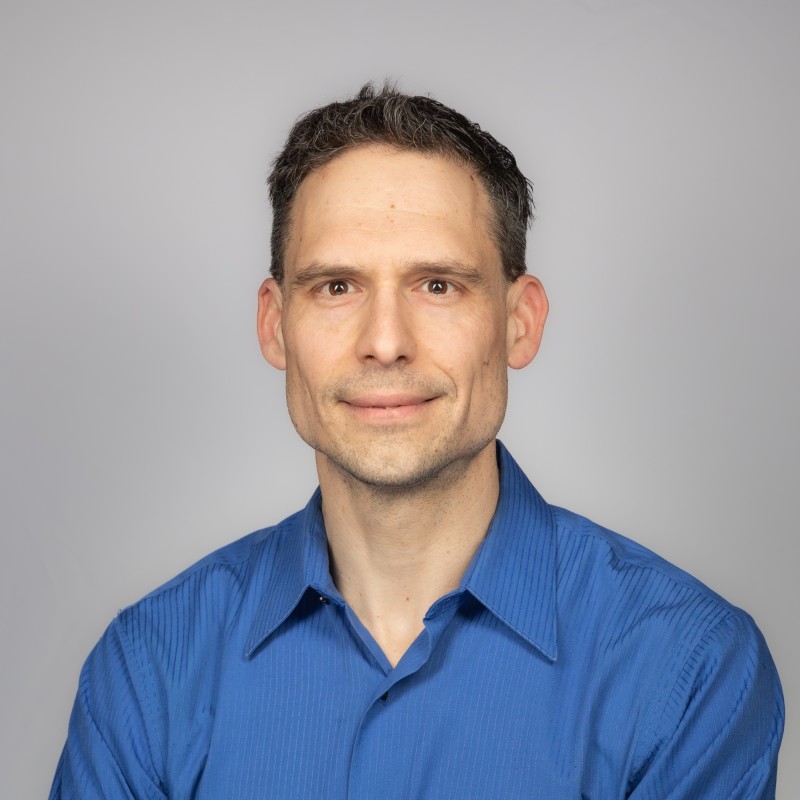
)
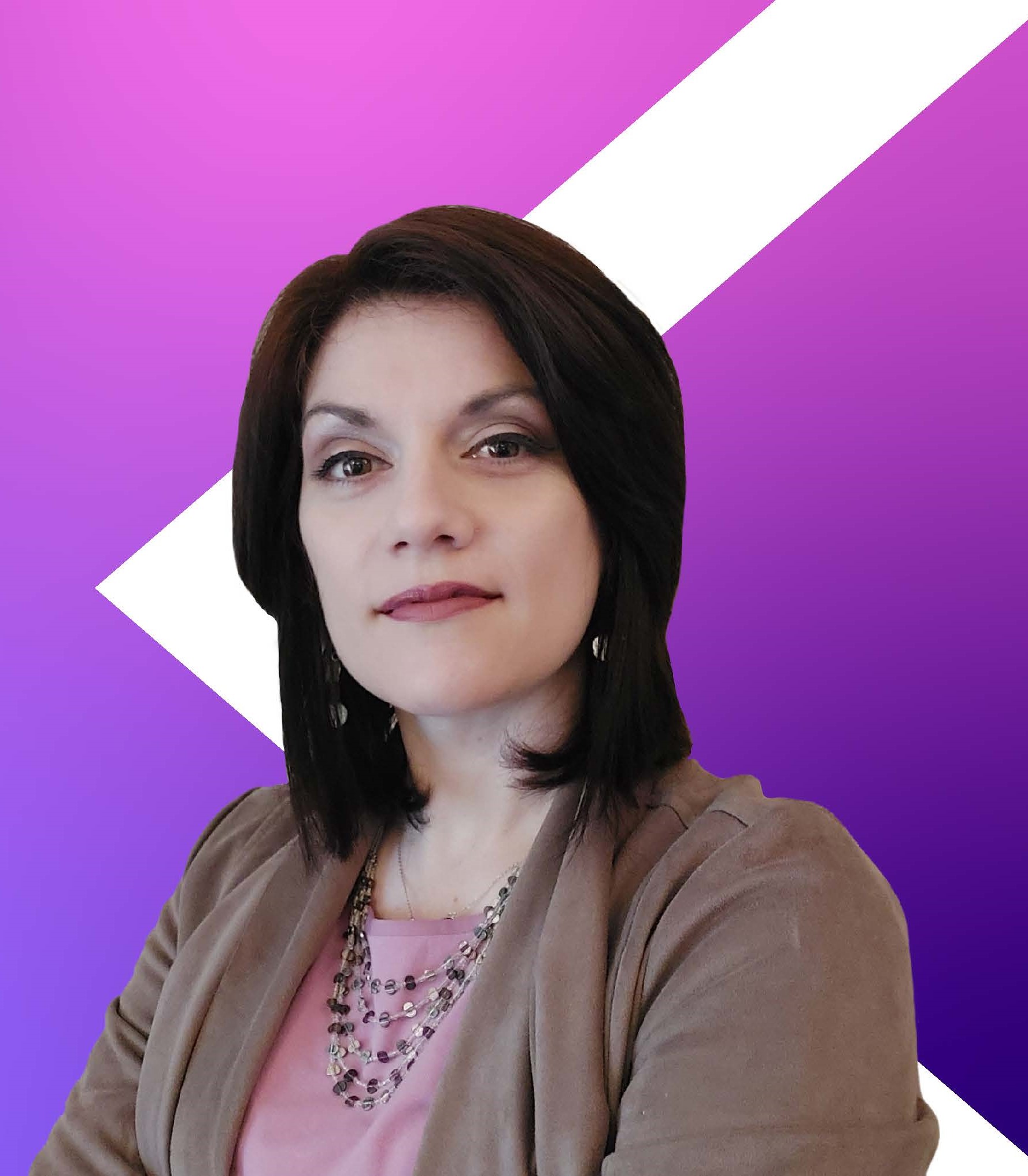
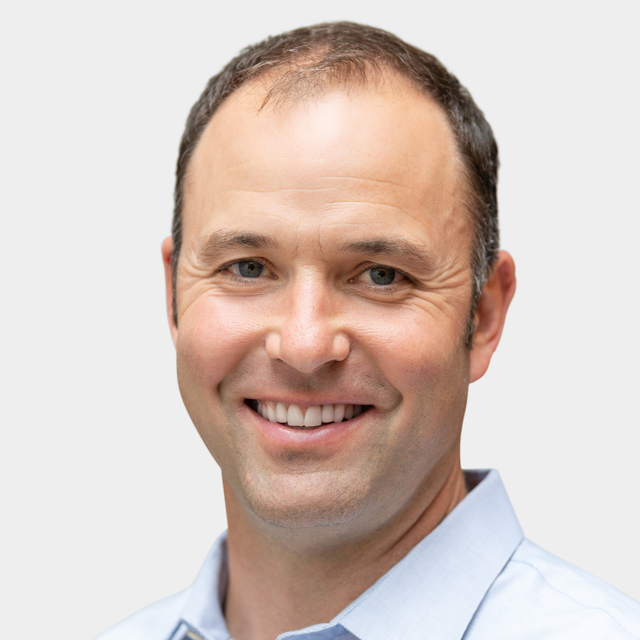

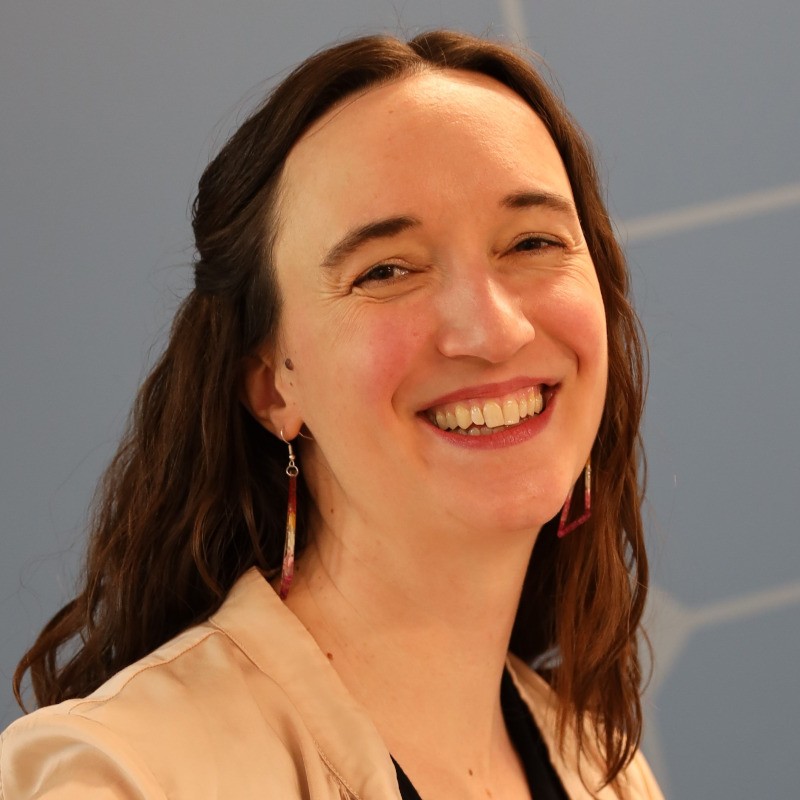
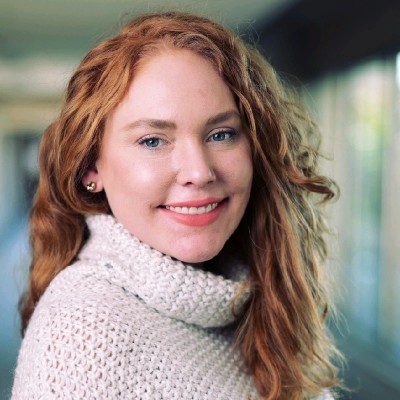
)
)
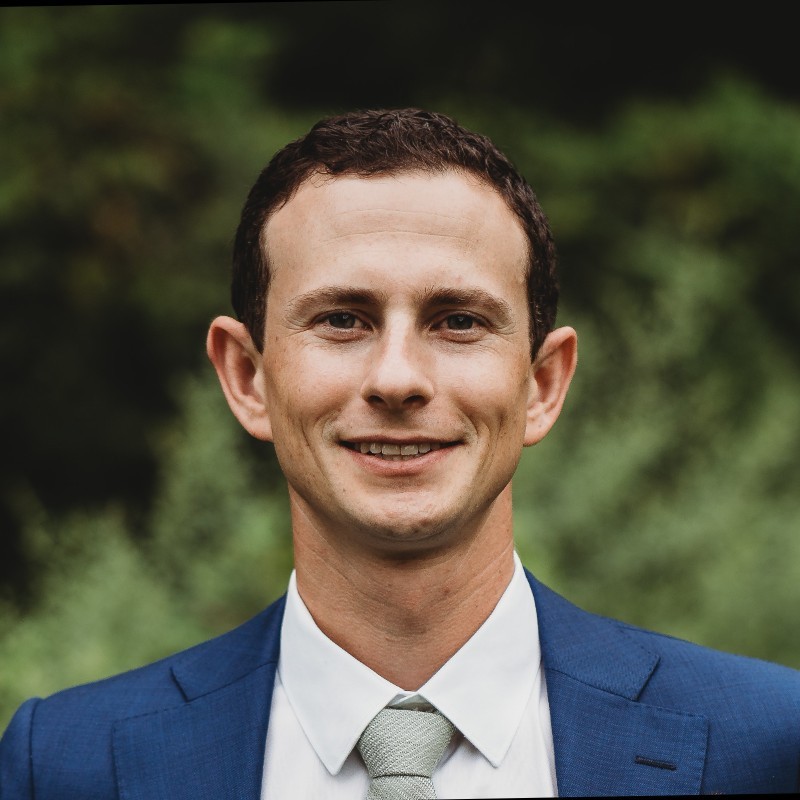
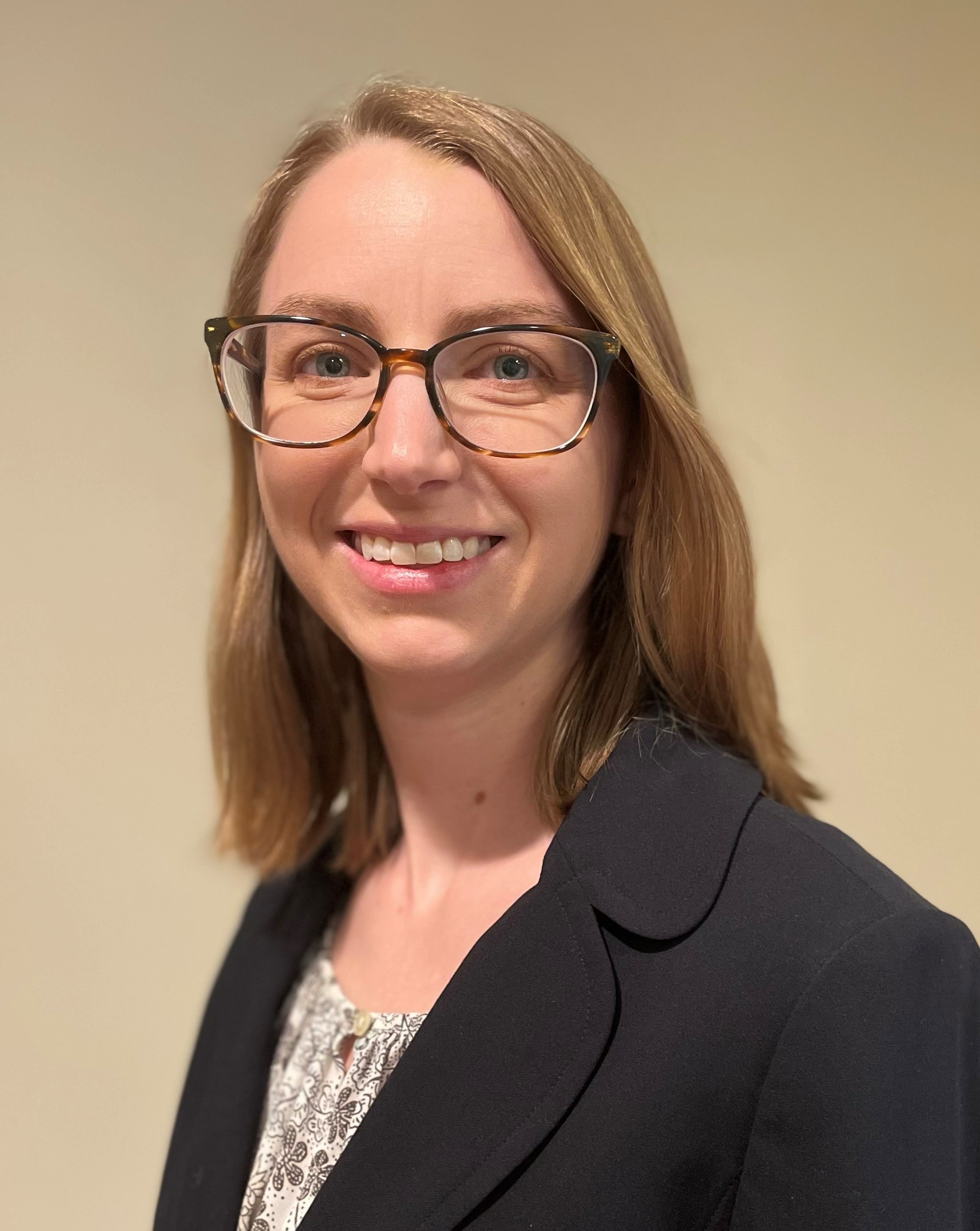
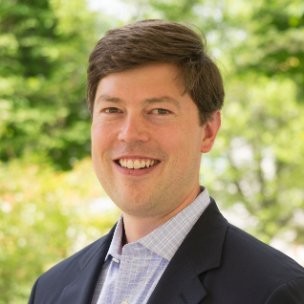
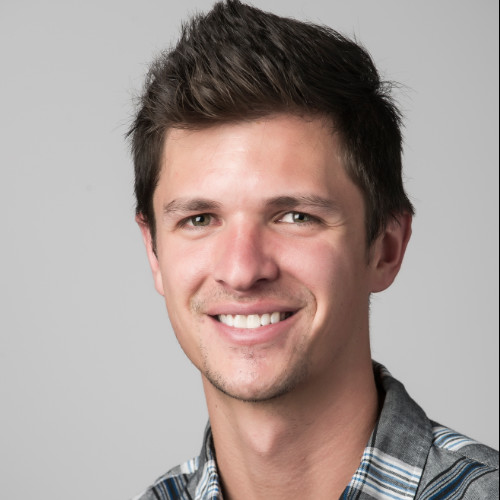

)
)
)

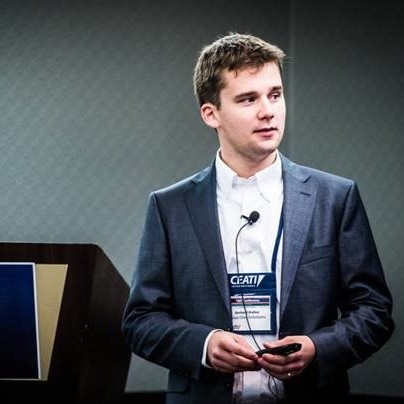
)
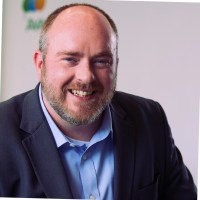
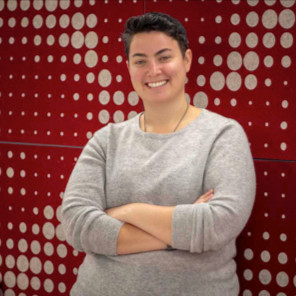
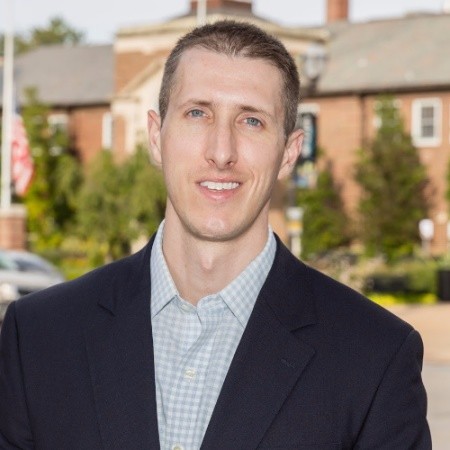
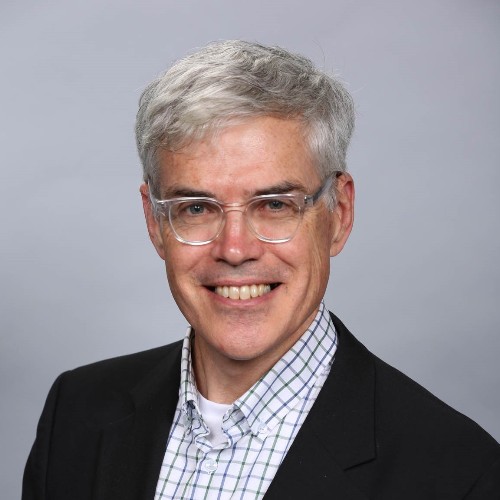
)
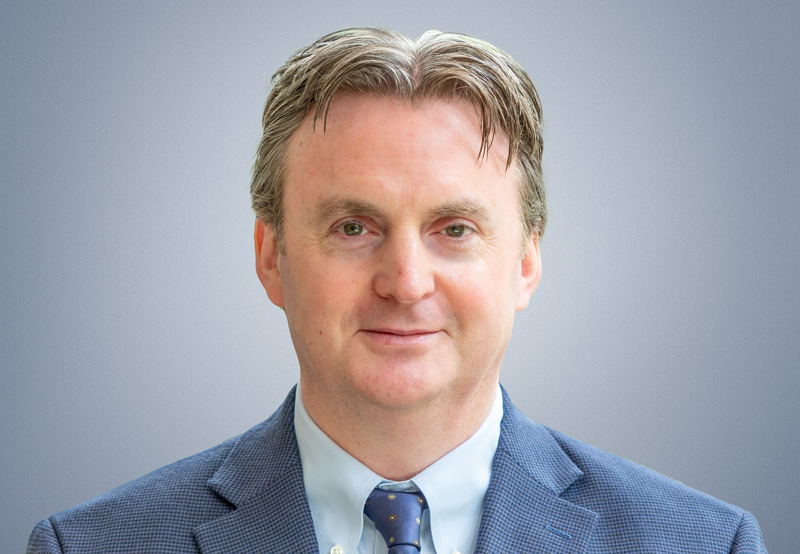

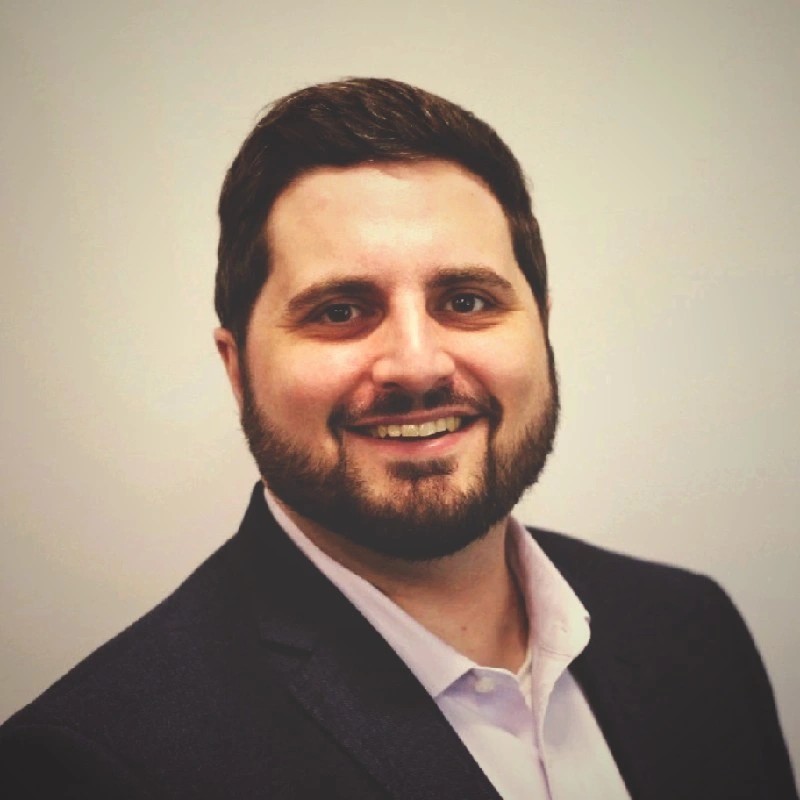
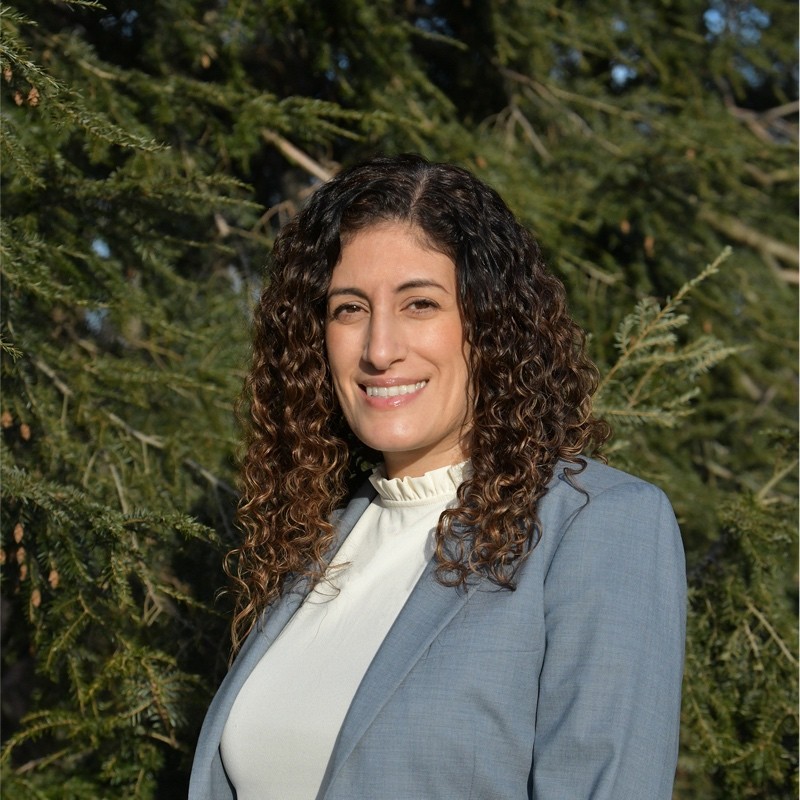

)